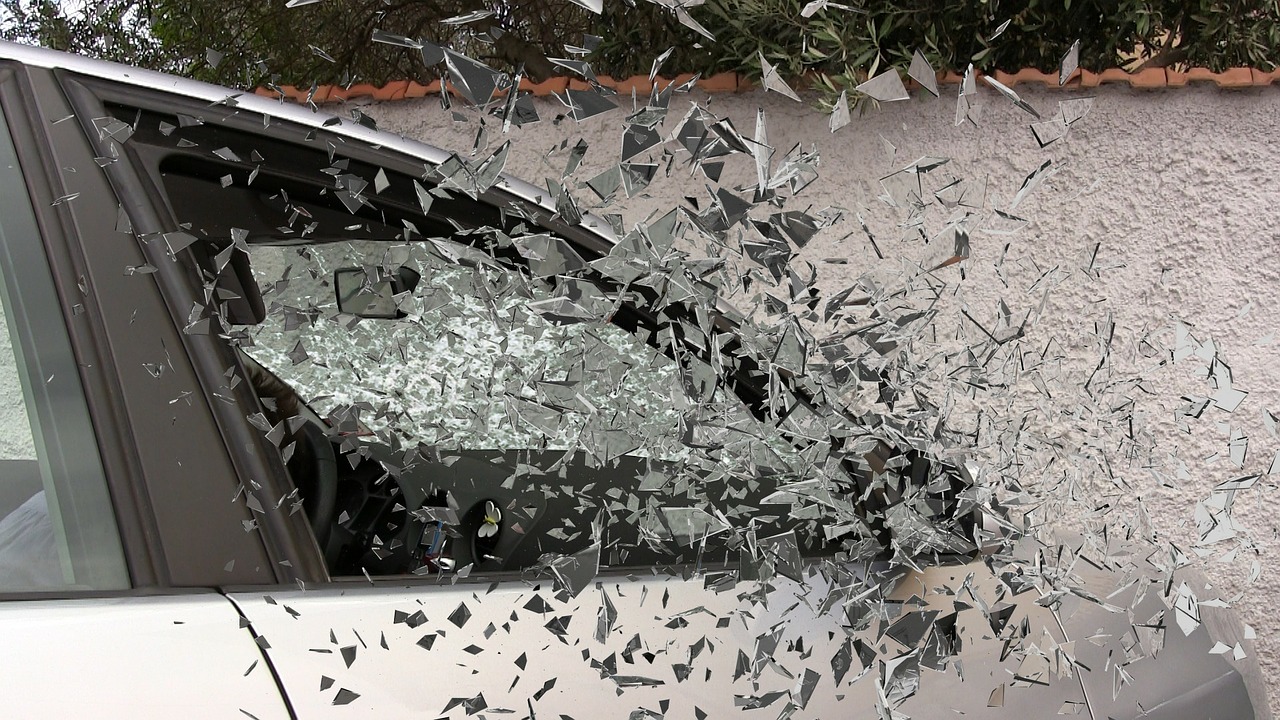A practice that seems to be increasing lately is the act of “brake checking.” This is when someone hits their brakes quickly and without reason other than to signal to the vehicle behind them that they believe that it is too close to their vehicle.
Brake checking presents an interesting scenario for automobile accident claims. Washington is a comparative fault state for the purposes of determining who is responsible for causing a collision. This means that each involved driver can bear all of the fault or some percentage of 100% of the fault. A jury may find that an accident was caused 25% in part by one driver and 75% by another. Most of the time, however, a jury will find that one person is at fault – such as instances where both parties claimed to have had a green light at an intersection. In that scenario, only one party could have had the green light and the jury will have to determine which person did.
In a brake checking scenario, the person who is following is put into a very dangerous and difficult situation. If they cannot stop in time to avoid striking the vehicle in front of them then the following vehicle may be 100% at fault for the collision. Washington has a “following too closely” statute that requires following drivers to leave sufficient room to stop safely behind any vehicle in front of them.
To apply this law blindly, however, to an incident where the person in the front performed a brake check and thereby created the conditions that caused the vehicle to collide, would be unfair. Certainly, someone who acts in a manner that creates a dangerous situation like that would also be given at least a share of the fault.
The problem comes here in that without evidence of a brake check and creation of the dangerous situation, the brake-checking driver can simply claim that they were driving lawfully when the other car struck them in the rear. Unless the following driver has video or witness evidence to support their argument that the brake checking behavior was the cause of the collision, then it could be quite difficult to prove that the other driver was actually the cause.
Brake checking is extraordinarily dangerous behavior and should never be done. If you ever feel that someone is driving too closely behind you, the smart move is to get out of that vehicle’s way and let them drive on the roadway in front of and hopefully away from, your vehicle. If you ever find yourself behind someone who is brake checking, then you should also avoid driving anywhere close to that vehicle.
If you have been injured in an accident involving brake checking then you will likely end up needing an attorney to help present and argue your case to the insurance companies involved. Please take advantage of our free consultations to make sure your legal rights are protected.



0 Comments